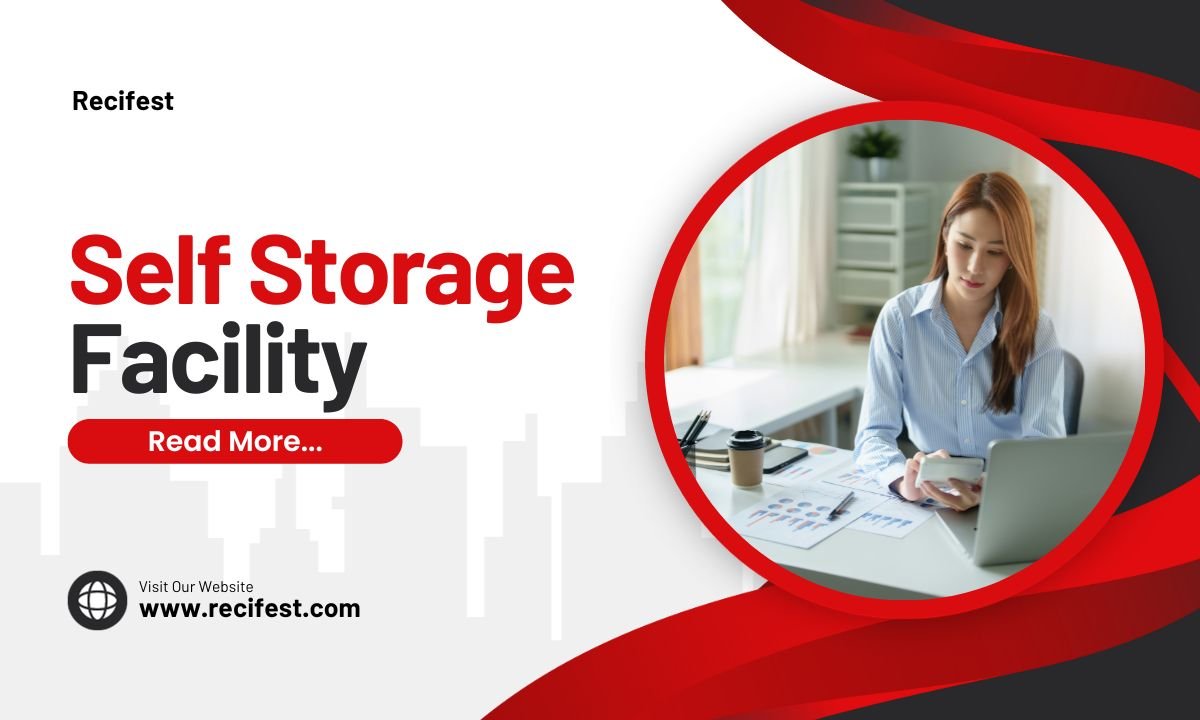Self Storage Facility Financing
When it comes to funding the acquisition, remodeling, or development of a self storage facility. Investors have a wide range of possibilities. In fact, regular bank financing, CMBS. And life company loans are some of the most common self storage loan choices. Not to mention SBA financing possibilities, including SBA 7a loans for commercial real estate and SBA 504 loans.
Self storage financing requirements
Self storage lenders frequently place a strong emphasis on the financial success (or anticipated financial performance) of a facility, paying particular attention to the value of the real estate, the status of the local market, and the borrower’s credit history.
When it comes to what constitutes a good borrower. Investors have a ton of freedom due to the wide variety of financing alternatives available. Even if they don’t meet the criteria for one loan, they can still be a good fit.For a separate self storage loan. Nevertheless, self storage lenders typically demand:
- A debt service coverage ratio of at least 1.20x
- 15% to 30% as a deposit
- Minimum credit score of 650
- No foreclosures, bankruptcies, or tax liens within the last five to seven years prior to the application
A Common Loan Option for Building a Self Storage
Self storage facility construction prices vary, but they commonly fall between $1 million and $50 million. Because SBA loans allow for the financing of the entire cost of construction and have periods that can last up to two years. Investors frequently choose them for the new construction of self storage facilities. The SBA will lend up to $5 million to each authorized borrower, subject to the findings of a market analysis. When a lender decides to grant a loan, market research is crucial.
Popular Loan Alternatives for Self Storage Purchases
SBA loans might be a great choice for investors looking to finance a self storage building as their first investment. However, many seasoned investors use conduit loans, or CMBS, to finance the purchase of a self storage facility. The justification is rather simple: CMBS loans provide the opportunity. To lock in reasonably low fixed rates for periods of up to 10 years. Typically, CMBS lenders are prepared to offer this financing with amortization lengths of 25 to 30 years as well. In various circumstances, a borrower can also request an interest-only period throughout the loan’s initial term.
These advantages may generate a sizeable amount of additional cash flow for the investor. Which may be quite important to the success of a startup. The fact that CMBS loans are nonrecourse further demonstrates conduit financing’s appeal to seasoned investors. Loans with no recourse shield the borrower from legal responsibility.
Popular Self Storage Renovation Loan Options
In the industry, after all, maintaining an existing self storage facility to the best of your ability is considered best practice. Owning a properly maintained facility with cutting-edge amenities and sophisticated machinery rarely hurts your bottom line. When business is booming, it may be necessary to rearrange current units to make room for more. In either scenario, self-storage investors frequently use bridging loans to finance their expansion or remodeling needs.
Bridge loans typically have terms of six to 48 months. And can have a value of $1 million to $10 million. A piece of property serves as the security for typical bridge financing. Because these loans are for short periods of time, they usually have higher interest rates than longer-term financing choices. Which is a little drawback for investors. People often use bridge loans as a short-term source of funding when searching for a long-term loan.




